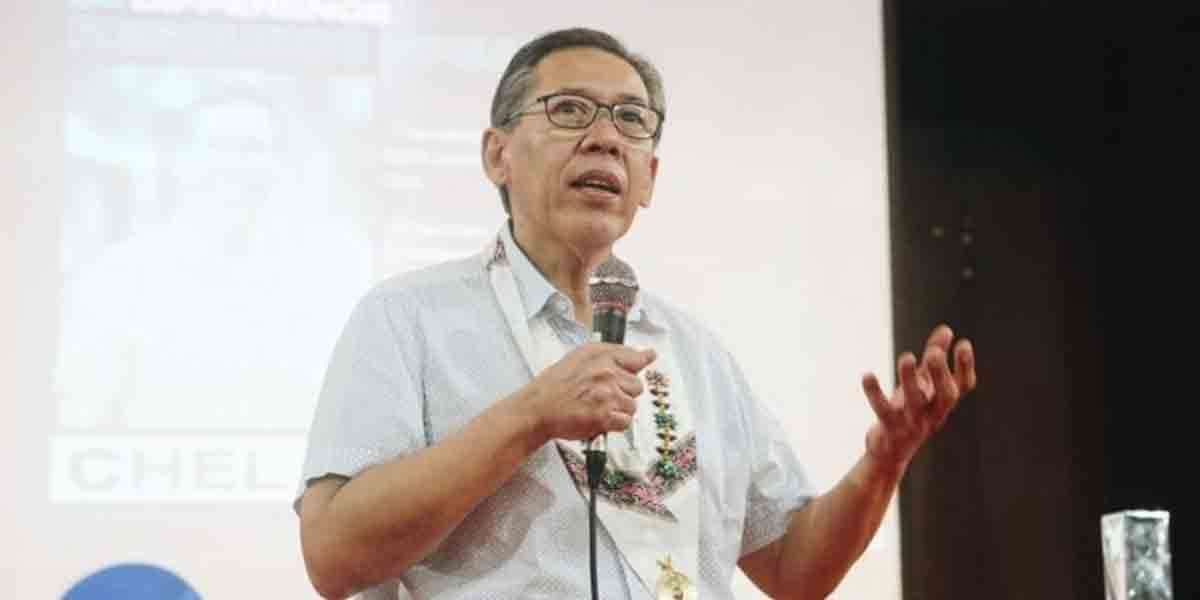
To effectively address the country’s education crisis, Akbayan Partylist First Nominee Atty. Chel Diokno urged the government to invest more and allocate at least six percent of the country’s gross domestic product (GDP) for the education budget.
“The budget itself allocated by the national government to education is less than four percent or at most around four percent,” Diokno said in a radio interview last Saturday.
The human rights lawyer echoed findings from a report by the Second Congressional Commission on Education (EDCOM 2), a national commission tasked to undertake a comprehensive national assessment and evaluation of the performance of the Philippine education sector.
EDCOM 2’s Year Two’s report underscored that while the country’s budget for education has increased to an average of 3.2 percent of the GDP in the last 10 years, it remains short of the education spending benchmark of 6 percent of GDP, as recommended by the United Nations. The committee further observed that underinvestment in education has long been persistent for decades, resulting in the decline of its quality.
“If we want to address this education crisis and improve learning outcomes of our students, we must aim for the recommendation of the United Nations and make it at least six percent of our gross domestic product, and ensure that our money goes where it is supposed to go,” he added.
Diokno also suggested other reforms, such as the upgrading of the salary grade levels of public school teachers and the provision of well-reviewed textbooks per child in all subjects.
The Akbayan First Nominee is also pushing for the full implementation of the Magna Carta for Public School Teachers and other laws on overtime pay and the provision of ample instructional supplies and equipment for teachers.
“We need to provide all the necessary support to our teachers—from adequate salary and other benefits—to sufficient supplies and materials for teaching, so they can effectively fulfill their duties to our students,” he explained.
Diokno also emphasized the need to strengthen the foundation of our students by building their basic numeracy and literacy skills to enable them to solve more complex learning in the latter years. This also includes the expansion of the school-based and community-based feeding programs for zero- to five-year-old children and for all levels of basic education, especially in low-income municipalities where nutrition is a grave concern.
“The government must ensure that our students are healthy and are given proper nutrition. We need to address the issue of stunting among our youth, because if they are not given adequate nutrition, they will be at a disadvantage throughout their lives,” Diokno said.



















